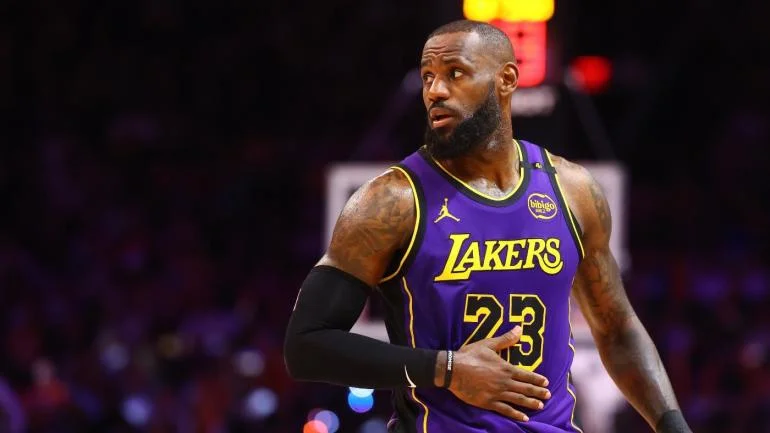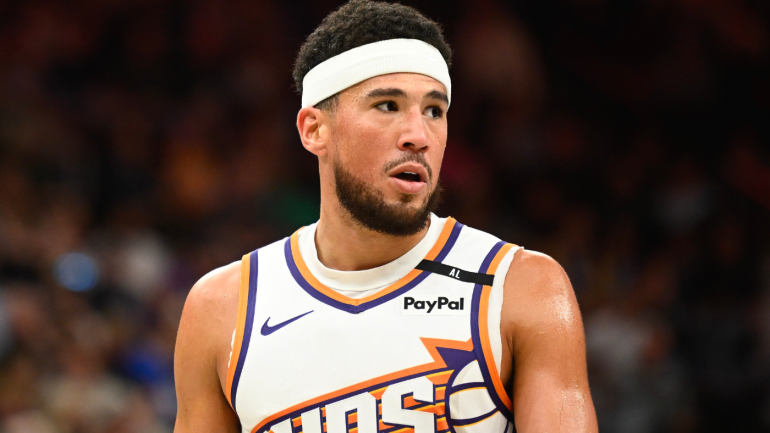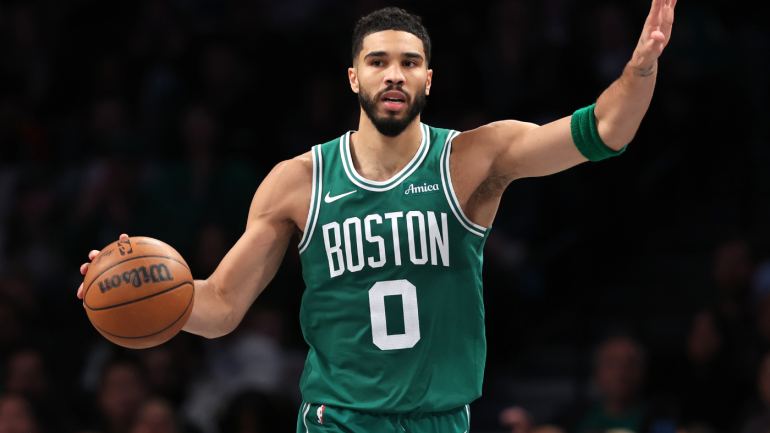The theory
J.J. Redick‘s one year, $23 million deal is actually a multi-year deal, disguised to subvert NBA salary cap rules.
The caveat
First of all, I want to stress that this is complete speculation with no hard evidence whatsoever. This is a theory that I’ve been discussing with friends, conjured out of thin air and imagination.
J.J. Redick seems like a good guy, and everyone’s rooting for the Sixers to finally do well, so there’s no malice intended here. Still, if this sort of frivolous speculation’s fun for you, keep reading.
The background
Prior to free agency, there were a few marquee free agents like Kyle Lowry and Paul Millsap that deserved superstar pay for a short-term, but whose ages past 30 made them risky bets for long-term contracts at that high price tag.
In that free agent preview series, I suggested that the ideal pay structure for both of them would be a declining salary — something like $35 million in Year One, $30 million in Year Two, $25 million in Year Three, etc. To me, that made logical and practical sense — OBVIOUSLY, you should be paying a 31-year-old Kyle Lowry more than a 35-year-old Kyle Lowry.
However, as smarter Redditors pointed out, that type of pay structure is technically against the rules of the salary cap. You’re not allowed to toggle between salaries and escalate or de-escalate it past certain extremes. That’s not my rule, it’s not a rule that makes a world of sense to me — that’s just a rule. It is what it is.
Now, the question is: did the Sixers and J.J. Redick take advantage of that?
The contract
Although the Sixers aren’t a ready-made playoff team, they still make sense as a fit for J.J. Redick. He provides them with much-needed shooting, as well as a steady and hard working veteran presence. In the short term, he can help them make a playoff push. In the long term, his work habits and professionalism may rub off on their young core.
Given all that, awarding him a bloated one year, $23 million contract makes sense. The Sixers have the cap room to do that without any hiccups at all. As far as a one-year rental goes, it’s justified.
The possible “shenanigans”
Again, this is in quotes because I have no proof of this aside from a natural cynicism.
Let’s take all those reasons for Redick and the Sixers to unite and suggest that they actually wanted a longer term arrangement. Perhaps they agreed on fair terms — something in the neighborhood of 3 years, $42 million (for argument’s sake).
According to the cap rules as I understand them, the Sixers would basically have to pay Redick $14 + $14 + $14 on a 3 year, $42 million contract.
UNLESS… they had a “hand shake” arrangement under the table, as this conspiracy theory posts. Instead of paying J.J. Redick $14 + $14 + $14, they could front-load the contract to be $23 + $9.5 + $9.5.
The reason that would make more sense for the Sixers (aside from Redick’s presumptive decline) is that they can save their cash for a rainy day. Right now, the cap isn’t an issue for them at all. However, they’re going to have to pony up for contract extensions for Joel Embiid and Robert Covington soon, so they could use Redick on a lighter scale next summer.
It makes sense for the Sixers — and it’d be fair to Redick — but it would technically violate the rules as an under-the-table agreement meant to subvert the cap.
Back to reality
Again, I’m not saying that this necessarily happened. There are logical reasons why it did not — for example, there would be no protection from Redick reneging on his deal and waltzing away with his $23 million without taking the discounted years afterwards.
Still, I don’t think Redick or his agents are the types for that type of double cross. He’s already stated, “My hope is that this is a long-term thing and that I’m here three or four years and can finish my career as a Sixer.”
Perhaps it’s just an informal understanding — Redick can make bank for one year, and then cruise into a veteran mentor role (on a team-friendly) deal. Or perhaps it’s legitimately shady.
Either way, I don’t particularly care — I think the rule itself is fairly dumb. However, if it is a rule, then it should be enforced. I imagine Adam Silver and the league office will be watching next summer carefully, with an eye to how team “friendly” of an extension Redick accepts from Philly.




